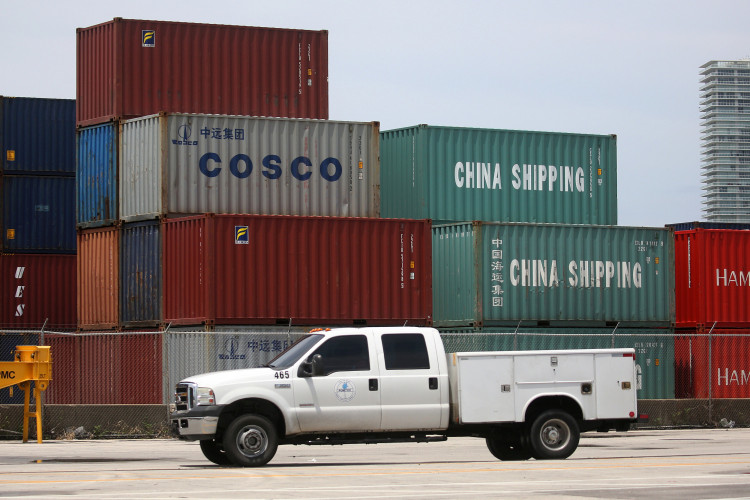China's economy continues to rise ahead of others at a slow and stable pace and it created opportunities for countries around the world. The countries manufacturing purchasing manager's index (PMI) was reported at 50.8 in September.
Reports showed that the countries manufacturing industry was down from 51.3 in August but has remained expanding for 26 succeeding months. The factory activity slowdown along with moderating fixed-asset investment and industrial profits created worries regarding the country's economy.
However, experts suggest that China's economy needs to be analyzed on a long-term perspective. According to analysts, the country's economic growth stability is a product of four key factors, namely, economic fundamentals, growth outlook, resilience and policy incentives.
According to the report of the National Bureau of Statistics (NBS), non-manufacturing PMI increased at a rapid pace increasing to 54.9 in September from 54.2 in August. The PMI reading confirms that the Chinese economy is constantly staying in the track of progress.
The country's import is growing strongly which shows an increase in domestic demand. It increased by 13.7 percent in the first eight months of 2018. Industrial output in the country and its retail sales also increased rapidly in August despite the country's decelerating fixed-asset investment.
Data showed that the country's unemployment rate in the urban areas was maintained at a relatively low level of around 5 percent, as a result, the creation of over 10 million jobs in the first eight months of the year.
According to Mao Shengyong, NBS spokesperson, China's economy had been generally stable with improving momentum for growth despite fluctuations of some growth indicators. The country's gross domestic product (GDP) increased by 6.7 percent in the second quarter which surpassed the government's annual target of 6.5 percent. Data revealed that China's GDP is constantly between 6.7 percent and 6.9 percent for 12 succeeding quarters which gives emphasis to its economic resilience.
NBS maintained its prediction for China's growth at 6.7 percent for 2018 in the latest release of the OECD Economic Outlook and Interim Economic Outlook. According to Premier Li Keqiang in his address to the opening plenary of Summer Davos in the northern port city of Tianjin, innovation, consumption and service sector have played a key role in sustaining growth as it adjusts the economic structure and as it expands employment.
Of the three factors, consumption was seen to have played a more prominent role in driving growth since it has contributed 78.5 percent of the economic expansion in the first six months of the year.






